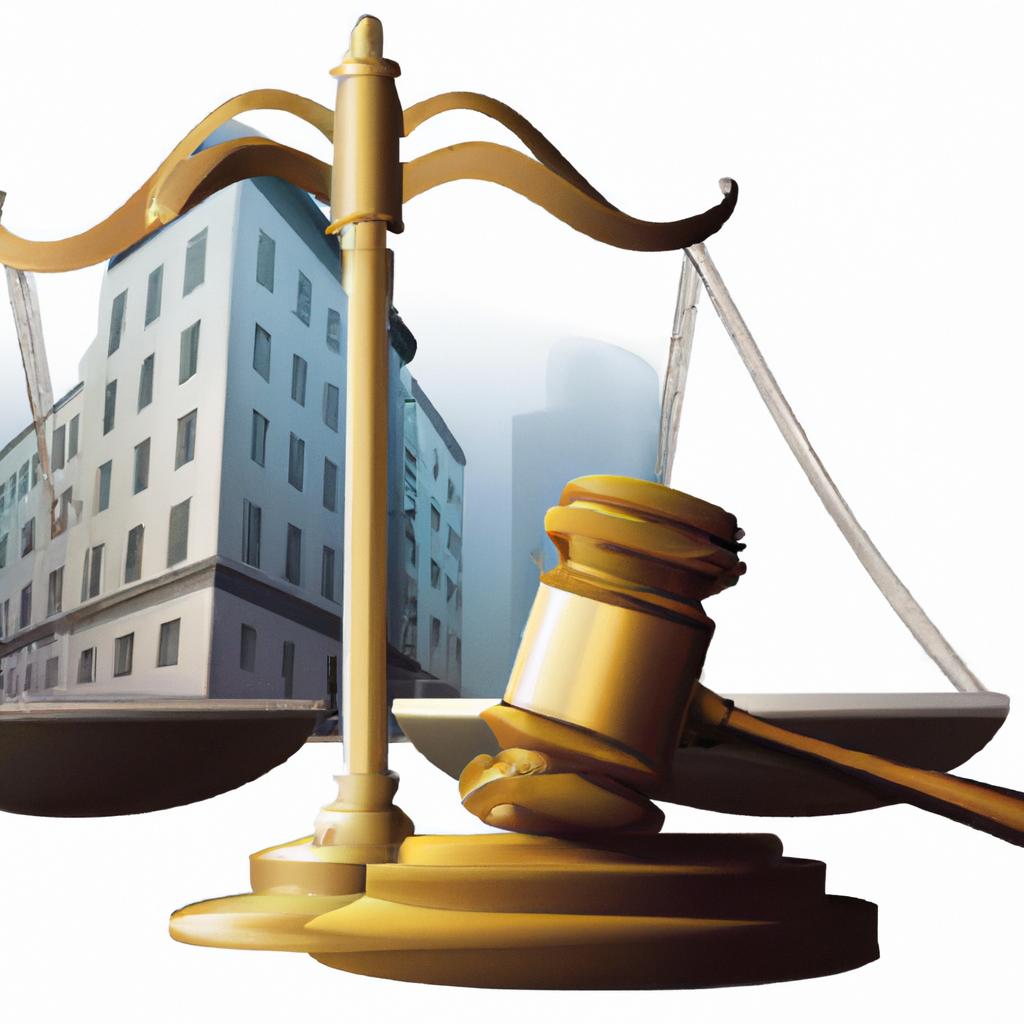Understanding the intricacies of a house deed is essential for anyone looking to navigate the complexities of property ownership. In the realm of real estate law, a house deed holds significant weight, serving as irrefutable proof of one’s ownership rights to a particular piece of property. As seasoned legal practitioners at Morgan Legal Group in New York City, we possess a deep understanding of the nuances surrounding house deeds and are here to shed light on their meaning and significance in the world of property ownership. Join us as we delve into the vital role that house deeds play in protecting your interests and ensuring a secure foundation for your investments.
Understanding the Legal Significance of a House Deed
When it comes to the legal world, understanding the significance of a house deed is paramount. A house deed is a legal document that proves ownership of a property. It contains vital information such as the names of the property owners, a legal description of the property, and any restrictions or easements that may affect the property. Without a house deed, proving ownership of a property can be complicated and may lead to legal disputes.
**Here are some key points to keep in mind when it comes to the legal significance of a house deed:**
- **Proof of Ownership**: A house deed is the legal proof of ownership of a property.
- **Transfer of Property**: House deeds are used to transfer ownership of a property from one party to another.
- **Recorded with the County**: House deeds are typically recorded with the county clerk’s office to ensure that the transfer of ownership is legally binding.

Key Components of a House Deed Explained
When it comes to understanding the key components of a house deed, it is essential to grasp the various elements that make up this important legal document. A house deed is a written instrument that serves as proof of ownership for a property. It includes vital information about the property and the parties involved in the transaction.
One of the main components of a house deed is the property description. This section provides detailed information about the property, including its address, boundaries, and any improvements or structures on the land. Another essential component is the names of the parties involved, which typically include the grantor (seller) and the grantee (buyer). Additionally, the deed will specify the type of deed being transferred, whether it is a warranty deed, quitclaim deed, or special warranty deed.

Importance of Properly Recording and Maintaining House Deeds
Properly recording and maintaining house deeds is essential for homeowners to protect their property rights and ensure legal clarity in real estate transactions. A house deed is a legal document that identifies the owner of a property and provides a detailed description of the property’s boundaries and characteristics. Without a properly recorded deed, homeowners may encounter difficulties in proving ownership, transferring ownership to heirs, or resolving disputes with neighbors or other parties.
Recording house deeds with the appropriate government agency, such as the county clerk’s office, is crucial for establishing a clear chain of title and preventing potential ownership claims from third parties. Maintaining accurate and up-to-date deeds can also help homeowners track any liens, mortgages, or other encumbrances that may affect the property’s title. By keeping a comprehensive record of house deeds, homeowners can protect their investment and ensure that their property rights are legally secure for generations to come.

Recommendations for Safeguarding Your Property Rights
When it comes to understanding the house deed meaning, it is crucial to safeguard your property rights. One key recommendation is to ensure that your property deed is properly recorded with the county assessor’s office. This helps establish your ownership and protects your rights in case of disputes or legal issues.
Another important safeguard is to regularly review and update your property deed to reflect any changes in ownership or inheritance. Consulting with a qualified estate planning attorney can help ensure that your property rights are adequately protected and that your wishes for the distribution of your assets are clearly outlined.
Q&A
Q: What is a house deed and why is it important?
A: A house deed is a legal document that proves ownership of a property. It is important because it provides evidence of ownership, protects the rights of the owner, and establishes the boundaries of the property.
Q: How does a house deed differ from a title?
A: While a house deed is a legal document that proves ownership of a property, a title is a legal concept that refers to the ownership rights to a property. The title is typically transferred to the new owner through the house deed.
Q: Can a house deed be transferred?
A: Yes, a house deed can be transferred from one owner to another through a process known as a deed transfer. This typically involves signing a new deed document and filing it with the appropriate government authority.
Q: What information is typically included in a house deed?
A: A house deed typically includes the names of the current and previous owners, a legal description of the property, and any restrictions or easements that may apply to the property.
Q: How can I obtain a copy of my house deed?
A: You can obtain a copy of your house deed from the county recorder’s office where the property is located. You may need to pay a fee to obtain a copy of the deed.
In Summary
In conclusion, understanding the meaning and importance of a house deed is essential for homeowners to protect their investment and ensure legal ownership of their property. By familiarizing yourself with the details of your deed, you can avoid potential disputes and safeguard your home for years to come. Remember, a house deed is not just a piece of paper—it’s the key to unlocking the door to your piece of the world. So, take the time to delve into its intricacies and rest assured that your home is truly your castle.

